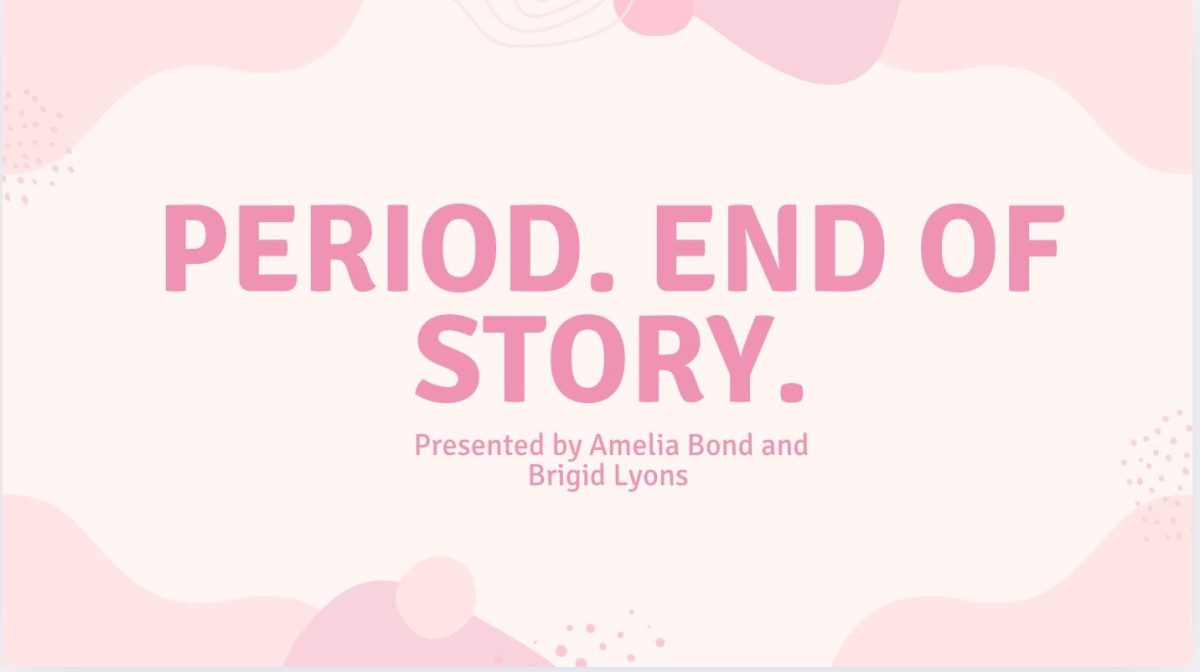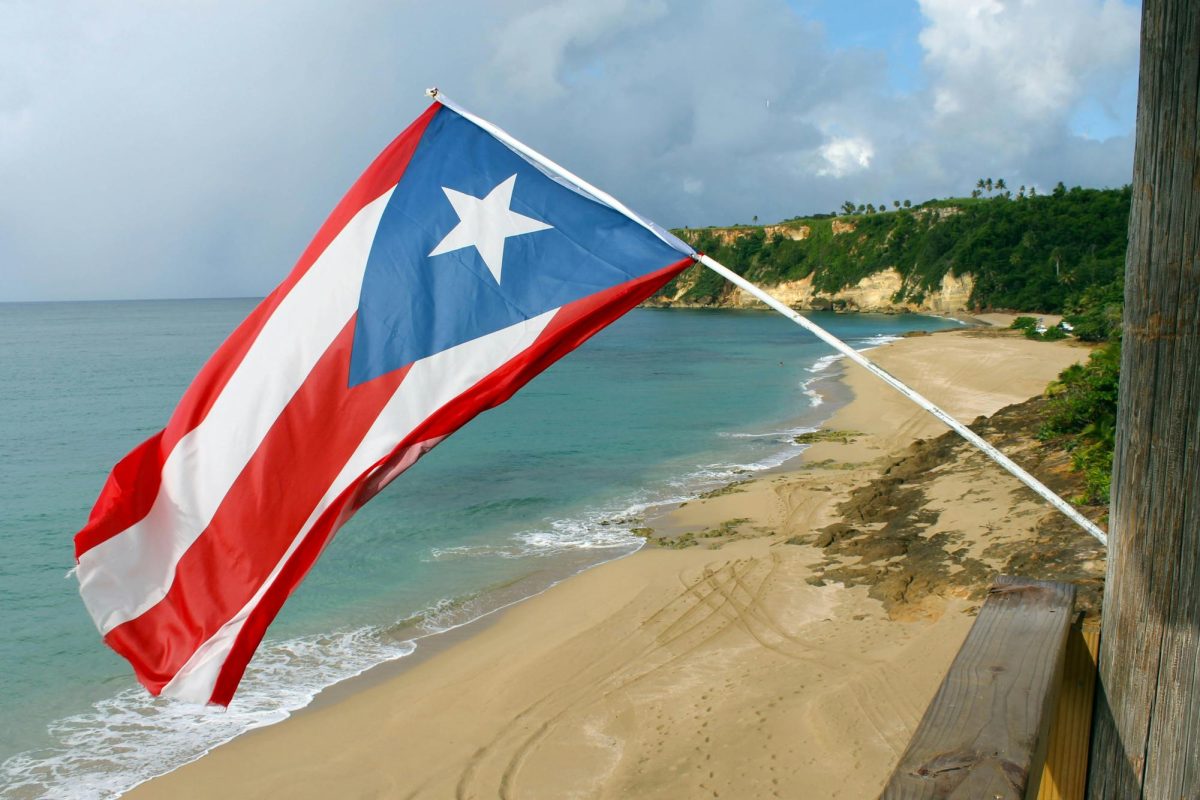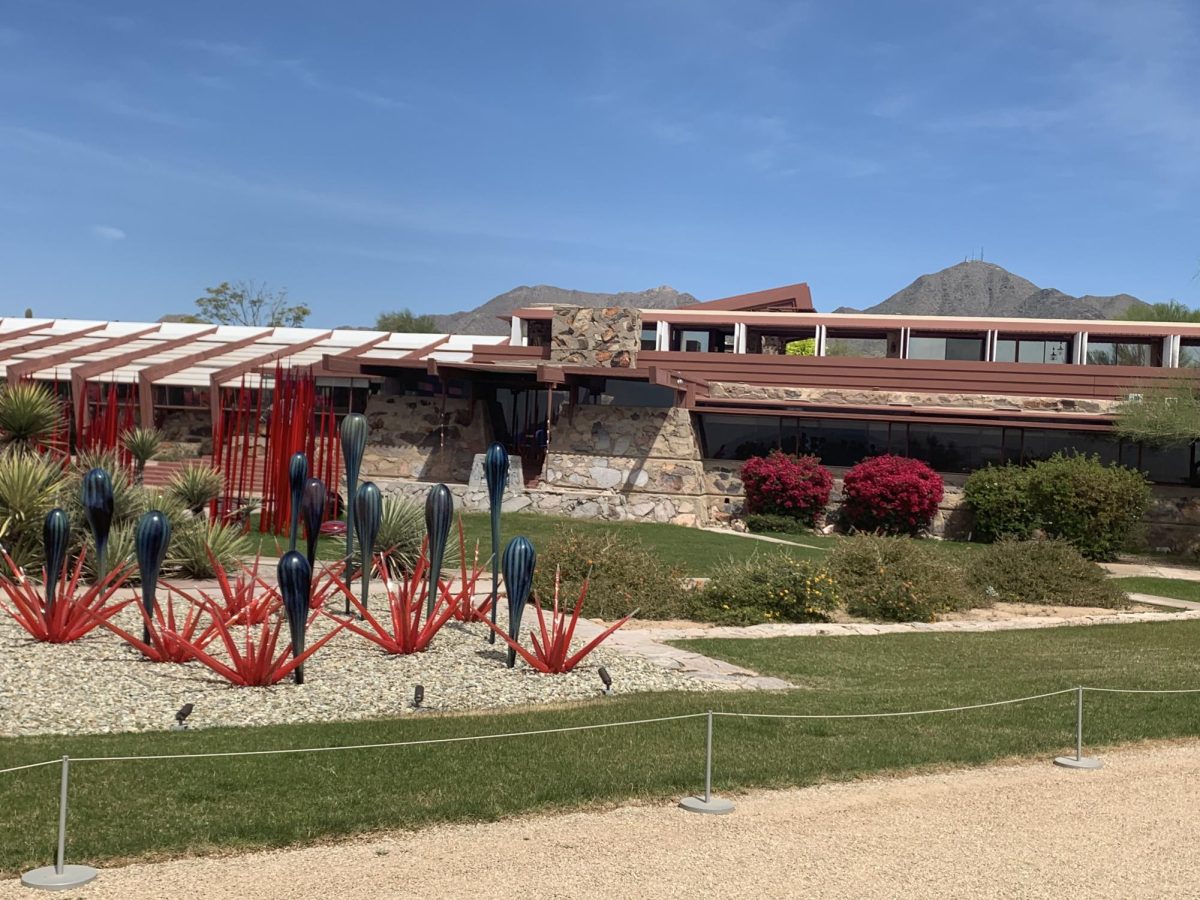This is an example of what a typed-out extemp speech would look like. This one is from the Yale Tournament and is about flooding in Libya.
Whenever it rains, my basement floods. We have to put down newspaper, mop up water, and move damageable items (boxes upon boxes of books) off the floor. To be honest, it’s pretty annoying. But, when I compare my plight to that of the Libyan people, it feels wrong to even consider what happens in my basement “flooding.”
Foreign policy reported on September 29th that, to date, more than 11,300 people had been killed in the Libyan floods and more than 40,000 displaced. These are truly staggering numbers and the catastrophic effect of this flooding cannot be overstated. So, when we ask the question “how can the international community best support Libya in their rebuilding effort?” there are three answers: first, by offering immediate aid to those affected, second, by helping to pacify and unify Libya’s divided government, and third, by working to combat the disastrous effects of climate change.
Infrastructure for both health and education, already weakened, was dealt a fatal blow by the flooding. As UN News reported on September 28th, there has been significant damage to health and education infrastructure, which led to an uptick in the spread of infectious diseases and to children being out of school for extended periods of time. The UN News also reported on the same day that they had donated medical supplies to over 50,000 people and family hygiene kits to 17,000. While these numbers certainly signify the start of something great, more still needs to be done, especially by international organizations. Rural areas, in particular, need more help. An official for the World Health Organization said that “the scale of the humanitarian crisis is unprecedented”, and a spokesperson for the Islamic Relief Organization said that “needs are huge.” This means that, still, more aid is desperately needed throughout Libya.
Another major contributor to the scale of this disaster is the fact that there has been a lack of coordinated rescue efforts. The New York Times said on September 27th that, since the rebellion and subsequent overthrow of Colonel al-Qaddafi, there have been two conflicting governments controlling Libya. Additionally, citizens haven’t voted in years. Those in power keep promising democratic elections, but this has not been acted upon. The New York Times also reported on September 15th that there was a lack of crisis rescue capabilities and that people got conflicting information on whether or not to evacuate their homes due to conflicting opinions of the two governments. Had people been able to receive, clear, concise, and (most importantly) accurate information regarding evacuation, many lives could have been saved. Confusion like this will only grow with time, as have coups and coup attempts. Al Jazeera reported on August 30th that, since 1950, there have been 106 successful coups in Africa, and many more have been unsuccessful. Many areas in Africa are underequipped to handle crises of like the floods because of the long-lasting effects of colonization. Colonization destroyed Africa, robbing an entire continent of many of its resources and people. This is felt currently, with much unrest seen throughout the continent, especially in Libya.
Lastly, the best long-term solution for the floods in Libya is to combat climate change. The World Meteorological Organization reported that, while Africa emits only a fraction of the world’s greenhouse gases, they bear the brunt of the effects. It is also estimated that, in 2022, Africa’s damages relating to climate change cost the continent $8.5 billion. However, hope must not be lost. We still have time to stop climate change and keep more disasters like the Libyan floods from occurring. NASA reported that simply reducing greenhouse gas emissions can stop climate change. More legislation must be passed to do this, especially in high-emissions countries such as the US and China.
So, when we ask “how can the international community best support Libya in its rebuilding efforts?” there are three facets of the answer. First, by offering immediate aid to those impacted, second, by unifying and pacifying the Libyan government, and finally, by working to combat climate change so that disasters like this don’t continue to happen. So, the next time my basement floods, I’ll be thankful that the only thing getting displaced is dust.

















